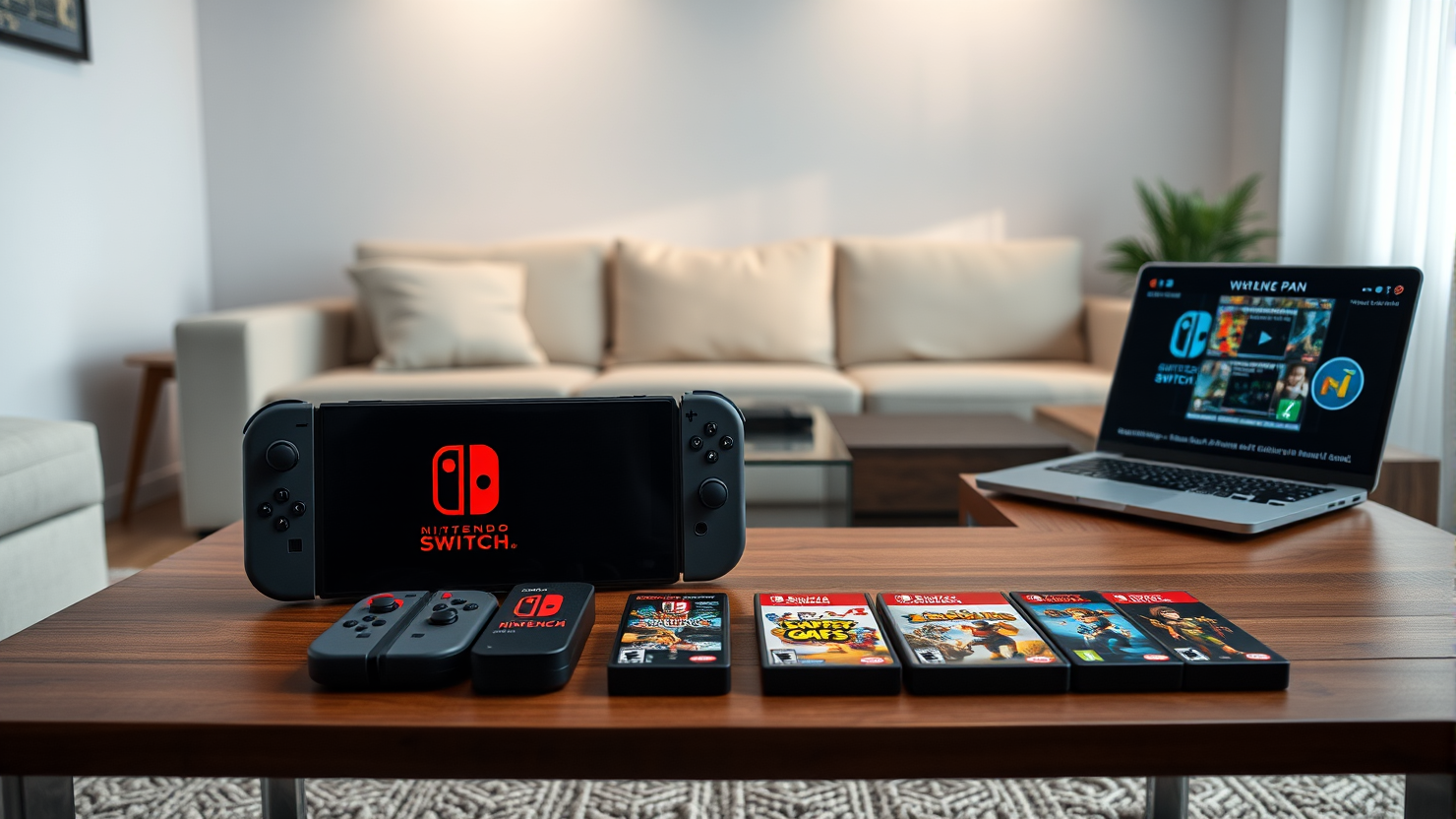Nvidia CEO Dismisses U.S. Concerns over Potential Use of Chips by Chinese Military

In a recent interview with CNN, Jensen Huang, CEO of Nvidia, addressed ongoing concerns in the United States regarding the potential use of Nvidia’s chips by China’s military. Huang stated that there is no need for concern as China’s military cannot rely on U.S.-made technology due to existing restrictions and domestic computing capacity.
Huang reiterated past criticisms of U.S. policies restricting semiconductor sales to China, arguing that such export controls have proven counterproductive to the goal of U.S. technological dominance. He emphasized the importance of global access to American technology for the advancement of AI, with half of the world’s AI developers located in China.
The recent restrictions on Nvidia’s sales to China, implemented in April, are anticipated to result in significant financial losses for the company. In May, Huang disclosed that chip restrictions had already reduced Nvidia’s market share in China nearly by half.
As Huang prepares for his second visit to China this year, he is reportedly working on a compliant chip design to meet the latest export controls. Last week, Huang met with U.S. President Donald Trump and received advice from lawmakers to avoid engaging with companies linked to China’s military or intelligence bodies, as well as entities on America’s restricted export list.
Daniel Newman, CEO of tech advisory firm The Futurum Group, commented that Huang is navigating a delicate balance between Washington and Beijing in an effort to maintain maximum market access. Newman asserted that Huang must tread carefully to avoid antagonizing the Trump administration while also positioning Nvidia for potential investment from China when the policy climate becomes more favorable.
However, Newman questioned the validity of Huang’s downplaying of U.S. concerns, stating that it could be challenging to accept the idea that China would not utilize Nvidia’s most advanced technologies for military purposes. He anticipated that Nvidia’s technology would be integral to any nation’s AI training, including the development of advanced weaponry.
Last month, a U.S. official informed Reuters that China’s large language model startup DeepSeek, which claims to have used Nvidia chips for model training, was supporting China’s military and intelligence operations. On Sunday, Huang acknowledged concerns about DeepSeek’s open-source R1 reasoning model being trained in China but asserted that there is currently no compelling evidence of potential dangers associated with this practice alone.
Huang praised the R1 reasoning model as “revolutionary” and highlighted its open-source nature as a catalyst for startup companies, new industries, and countries to participate in AI advancements. Huang concluded by acknowledging the competitive relationship between China and the U.S., but emphasized the importance of mutual respect and the potential for both nations to strive for success within this interdependent dynamic.






